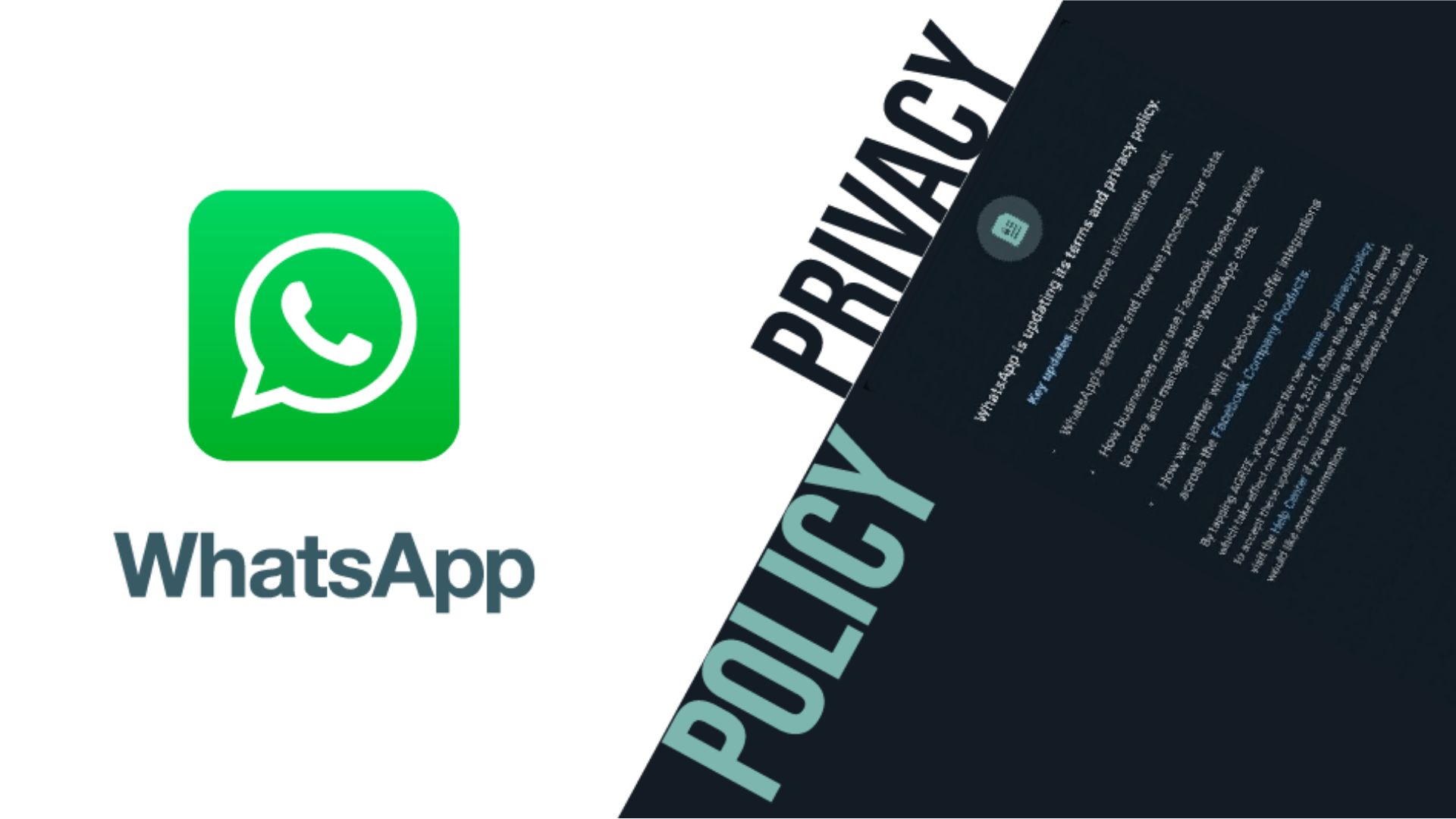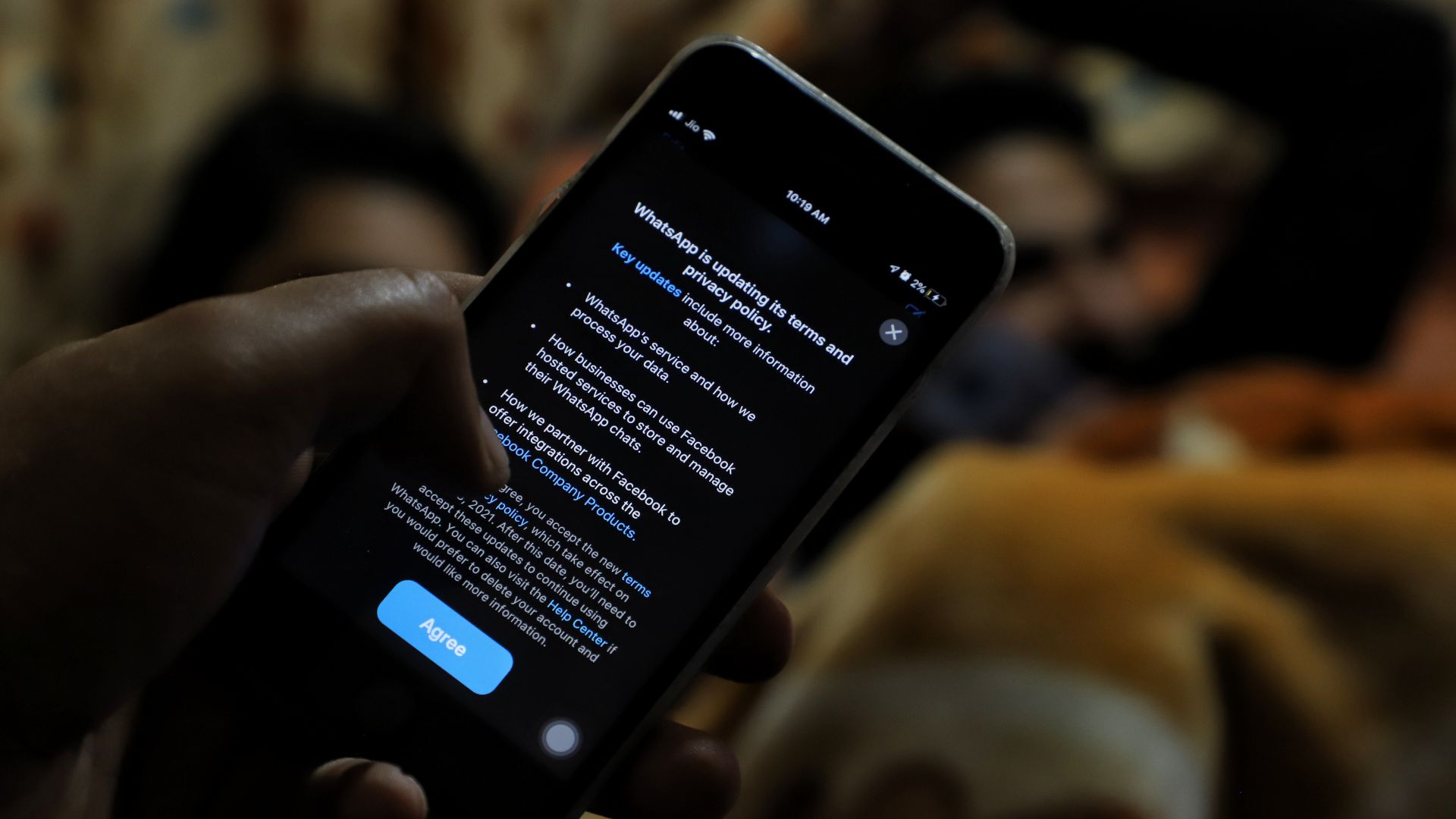WhatsApp's New Privacy Policy - Unveiling The Collection Of Metadata
In the ever-evolving landscape of digital communication, WhatsApp, a popular messaging platform, has recently made waves with its updated privacy policy. The crux of the matter lies in the collection of metadata, sparking concerns and debates about user privacy.
Jan 28, 2021267 Shares6501 Views
According to WhatsApp’s new privacy policy, the app is set to collect “only” user’s Metadata. Metadata can reveal a lot more than merely the app usage of a person. Former NSA General Counsel Stewart Baker stated, “Metadata absolutely tells you everything about somebody’s life. If you have enough metadata you don’t really need content.”
This article explores the ways in which WhatsApp is underselling the true estimation of the significance of Metadata.
Facebook owned WhatsApp recently announced the update of its privacy policy terms. 8th of February, 2021 was initially set as the deadline for users to either accept the new privacy policy or delete their account. By this time, most of us have already witnessed or been a part of the backlash that WhatsApp is experiencing. LocalCircles conducted a survey and the results indicated that 15% of India’s users are likely to move away entirely from the app while 36% will drastically reduce the usage and 67% of users are likely to discontinue chats with WhatsApp business accounts.
To reinstall trust in its users, WhatsApp released a clarification stating that the new policy update doesn’t compromise privacy of messages with friends and family. Furthermore, it explains that the update includes changes related to WhatsApp business accounts are optional too.
However, owing to severe backlash, WhatsApp has pushed the deadline to May 15 while they further clarify their policy updates.
It is true that WhatsApp cannot read our messages as it is end-to-end encrypted which implies that only a message’s sender and receiver can read it. The updated privacy policy intends to alert users that some businesses would soon be using Facebook-servers to store messages with their customers. By accepting the new privacy policy, users will be allowing WhatsApp to reserve all rights to collect your data and share it with the expansive Facebook and Instagram networks ‘regardless of whether you have profiles on those apps.’
By using WhatsApp, you may now be sharing your usage data, your phone’s unique identifier, your location when the location service is enabled, among several other types of metadata. A culmination of all your metadata is linked to your identity.
The value of metadata has been underestimated since the term isn’t clearly understood. Metadata is data about our data. For instance, in a cell phone conversation, the conversation itself isn’t metadata but everything except that is metadata. Data regarding who you called, how long you spoke for, where you were when you placed the call, where the other person on the line was and the time you placed the call. Consider a situation when every time you made a call to someone, you had to inform a particular person about who you called, how long you spoke for, when and where and all other details except the content spoken. This applies for every single call and everyone else’s metadata is also being recorded. The person owning the metadata can analyze and tell a lot about your personal life. Who you work with, who you spend time with, who you are close to, where you are at particular times and so on…
Kurt Opsahl, in his post in the Electronic Frontier Foundation, gives an example of how companies and governments collect intimate details about your life with the disguised use of the word called metadata. The following examples are an excerpt of his article:
“They know you rang a phone sex service at 2:24 am and spoke for 18 minutes. They know that you called suicide prevention hotline from the Golden Gate Bridge.
They know you spoke with an HIV testing service, then your doctor, then your health insurance company in the same hour.
They know you called a gynaecologist, spoke for a half hour, and then called the local Planned Parenthood's number later that day. But nobody knows what you spoke about.”
Metadata provides more than required context to know some of the most intimate and personal details of your lives. When this data is correlated with the records of other phone calls, one can easily obtain a lot more data and track our daily routines. This is merely about phone calls. WhatsApp includes a lot more features and will collect metadata of chats, businesses and money transactions.
In WhatsApp’s words:
“We collect service-related, diagnostic, and performance information. This includes information about your activity (such as how you use our Services, how you interact with others using our Services, and the like), log files, and diagnostic, crash, website, and performance logs and reports.”
In addition to this, WhatsApp also collects information about IP address, OS, browser information and phone number.
Stanford’s computer scientists conducted an analysis to understand the extent of intrusion of privacy using metadata. The scientists built an app for smartphones. The app was developed to retrieve metadata of calls and text messages from more than 800 volunteers’ phone logs. The researchers received records of more than 250,000 calls and 1.2 million texts. Their inexpensive analysis revealed personal details of several people like their health records. Researchers were also able to learn that one of their participants owned an AR semi-automatic rifle with only metadata.
Conclusion
WhatsApp's new privacy policy has ignited a discourse on the delicate balance between personalization and user privacy. As users grapple with the implications of increased metadata collection, the tech industry faces the challenge of fostering trust and transparency.
In this digital age, where information is a currency, the road ahead involves navigating the complexities of privacy while embracing the benefits of technological advancements. As users, staying informed and actively participating in discussions surrounding privacy policies is paramount in shaping the digital future we want to inhabit.
Jump to
Latest Articles
Popular Articles
